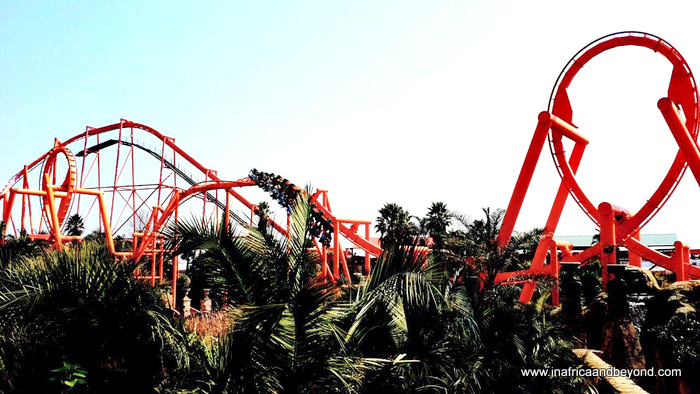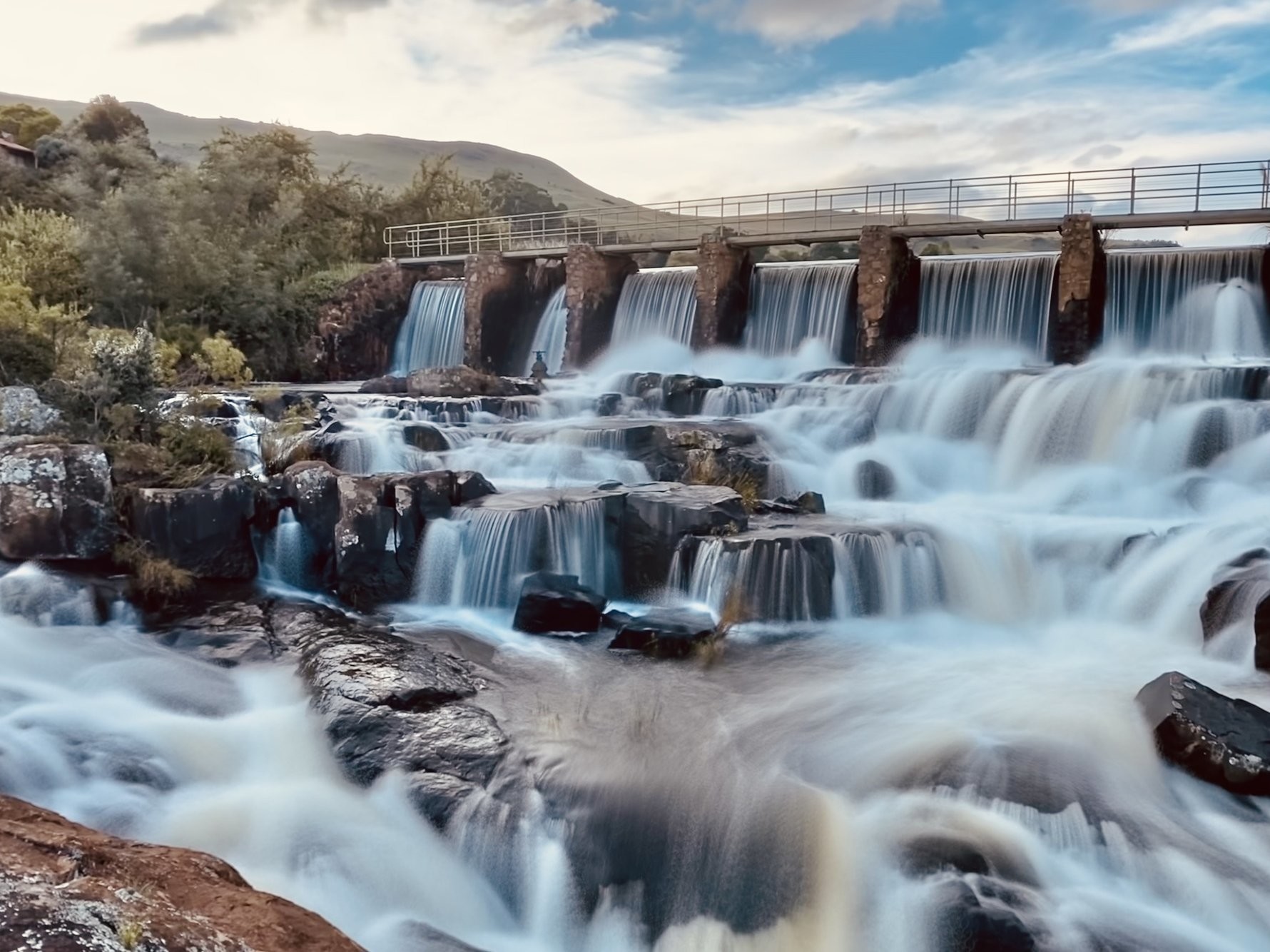The Main Principles Of Johannesburg North Attractions
Table of ContentsFacts About Johannesburg North Attractions RevealedLittle Known Questions About Johannesburg North Attractions.The Definitive Guide to Johannesburg North Attractions6 Simple Techniques For Johannesburg North AttractionsThe Main Principles Of Johannesburg North Attractions Getting My Johannesburg North Attractions To Work
The city owes its place to the visibility of a a lot more valuable source: gold. The city grew on the side of the Witwatersrand Key Coral reef, a subterranean stratum of gold-bearing quartz-silica conglomerate that arcs for hundreds of miles under the Highveld. The majority of the gold mines in the city discontinued procedure in the 1970s, but in its day the Witwatersrand gold industry made up greater than 40 percent of the world's annual gold manufacturing.Johannesburg has a warm climate. Summer temperature levels average concerning 75 F (24 C); winter season temperatures balance concerning 55 F (13 C) and just periodically dip below freezing. The city takes pleasure in concerning 8 hours of sunlight each day in both winter season and summer. Rainfall averages concerning 28 inches (700 millimetres) per year, yet the overall differs significantly from year to year.
What rain the city receives falls practically solely in the summer season, usually in magnificent late-afternoon electrical tornados. Air air pollution postures a significant issue, specifically in the winter season, when thermal inversions restrain the westward flow of air from the Indian Sea. Air pollution is most serious in the largely cleared up Black towns on the city's periphery, where numerous homeowners still rely upon coal for fuel.

The Of Johannesburg North Attractions
The equilibrium of the city is occupied by whites. Lodging varies in character and top quality.
Physical development, although rather restricted by transportation, proceeded swiftly as immigration to South Africa, and Johannesburg in specific, boosted dramatically.
Many poor residential areas were combined, with inadequate blacks and whites living together, although the rich suburbs were normally booked for whites. This transformed with the political election of the National Event in the 1948 elections, that began to formalise the system understood as apartheid. Racism officially marked which suburban areas each race might live in under the Group Locations Act.
The previous system of eleven numbered areas was reorganised in 2006. Marshalltown, as seen from the top of the Carlton Centre. The M1 and M2 run behind the buildings, and the southerly suburbs extend past the highway boundary. The central city of Johannesburg is located within the city's Area F. The estimated populace of the area is 200,000, [] yet the variety of individuals staying in the central city on a casual basis is unknown, as several are illegal immigrants. A lot of higher-income citizens and white individuals have actually moved to the northern suburban areas and have been changed by lower-income black people. The unemployment, education and learning, and age accounts of the area are all unidentified, due to the trouble of getting reputable information regarding the area.
Rumored Buzz on Johannesburg North Attractions
Centred on the CBD, the region consists of the suburbs of Yeoville, Bellevue, Troyeville, Jeppestown, and Berea to the east. To the west it infects Pageview (Johannesburg North attractions) and Fordsburg. There are small enterprise zones to the south, such as City West-Denver and Benrose. Around 800,000 travelers travel through the internal city on a daily basis, and it operates as a regional shopping node for site visitors from the southerly residential areas. Yeoville and Bellevue have a mix of home structures and solitary domestic devices on small lots. The area is located on a hilly divide that runs from east to west.

Johannesburg Stadium, a training ground for both the Golden Lions and Orlando Pirates, is adjacent. The eastern residential areas of Johannesburg lie in the city's 7th [] and 9th [] regions. The area is likewise functionally integrated with East Rand boundary communities outside of the official boundary click for info of Johannesburg, such as Bedfordview and Edenvale (both part of Ekurhuleni Metropolitan Community).
How Johannesburg North Attractions can Save You Time, Stress, and Money.
The eastern suburbs are some of the earliest areas of Johannesburg, there are large neighborhoods of Jewish and various other European backgrounds, the bulk of the population is English speaking. There are 3 golf programs as well as a number of secured ridges with viewsites.
Initially built to house male migrant workers, many have been improved as dwellings for couples and households. The suburb was not historically permitted to create work centres within the area, so practically all of its residents are travelers to other parts of the city.
Some Known Questions About Johannesburg North Attractions.
The N1 Western Bypass connects the north residential areas with the north-western suburban areas. The suburbs in the north residential areas are primarily formal, without substantial areas of casual real estate, or real estate that does not have an irreversible structure. Although this is a well-known area, there is a pattern of land usage adjustment from household to business, specifically along major arterial roads and around well established nodes.
Roadways to the eastern and west are much less well developed, as there click over here now are no highways travelling in that direction. Towards the north border of the city, the density of advancement lowers, leaving huge locations of primitive land around Midrand.
See This Report about Johannesburg North Attractions
The first residential area to the north of the inner city is Parktown, which is located on a hillside ignoring the central city and Hillbrow. It has lots of well-off residents and Edwardian-design manors, as well as the Education and learning and Clinical universities of the College of the Witwatersrand. The huge concrete Charlotte Maxeke Johannesburg Academic Healthcare Facility controls the horizon of Parktown.